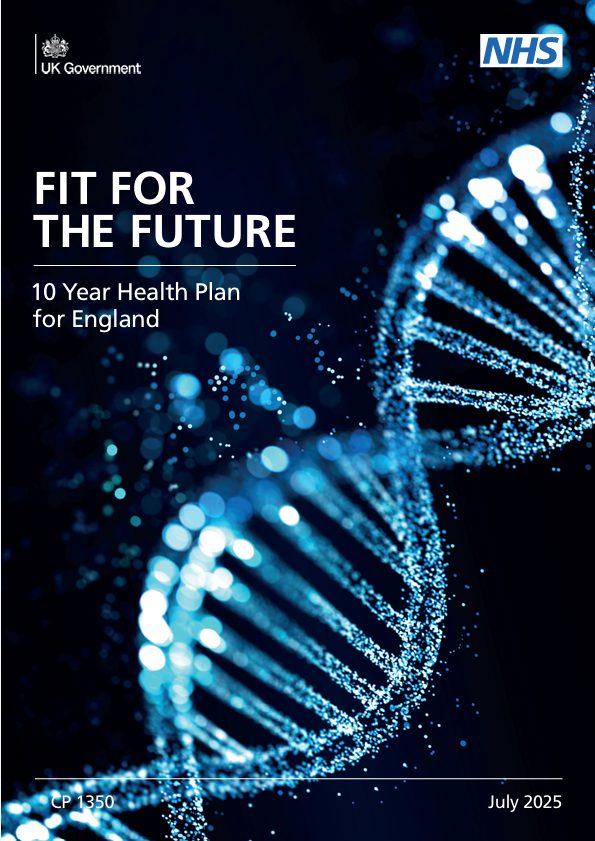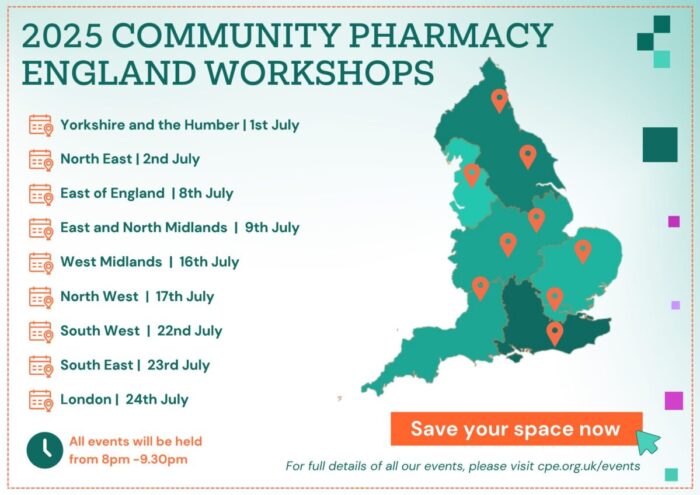Hydration messages to prevent acute kidney injury clinical audit
Published on: 3rd November 2015 | Updated on: 16th April 2025
This audit information is for the 2015/16 NHS year. For information about the current audit requirements, see Clinical Audits.
If you haven’t yet completed a clinical audit, a readymade audit is available on PharmOutcomes for all pharmacy contractors (or local NHS England teams) to use.
Community pharmacy audit on hydration messages to prevent Acute Kidney Injury
The audit, which has been developed by the NHS Specialist Pharmacy Service (SPS) medicines use and safety team, supports the contribution made by community pharmacy teams in reducing avoidable harm associated with Acute Kidney Injury (AKI).
The audit has been added to PharmOutcomes so completion of the audit paperwork is easy and if you wish to provide the patient with written hydration advice PharmOutcomes will allow you to print a patient leaflet on hydration messages. Adding your data to PharmOutcomes will also help the profession amass further evidence of the impact of community pharmacy interventions on patient safety.
Background to the audit
Dehydration caused by sustained vomiting, diarrhoea, fever or simply low fluid intake, can trigger AKI. Older people are especially prone to dehydration. A pathfinder site for AKI prevention has reported a possible association between a recent urinary tract infection (UTI) and subsequent hospital admission. Anyone with a UTI should be given advice on maintaining fluid intake, but this may be critical for older people to maintain kidney health.
Community pharmacists will dispense prescriptions for patients prescribed antibiotics for UTIs. They also see people requesting advice about urinary symptoms who may not visit their GP. Antibiotics prescribing guidance for UTI includes three antibiotics not widely used for other infections, so patients prescribed these antibiotics or seeking advice about urinary symptoms are the target groups for hydration messages in this audit.
CPPE AKI campaign
The Centre for Pharmacy Postgraduate Education (CPPE) has launched a learning campaign about AKI, which includes six campaign challenges. One of the challenges is to make a pledge to help prevent AKI and the pledge can be met by completing this audit.
How do I undertake the audit?
- The full audit details can be downloaded from the SPS website. (This has since been archived)To collect a useful sample for this audit it is suggested that data is collected over approximately two weeks and includes a minimum of 15 patients.
- You can record the details of each patient who fall into the audit sample (see below) straight onto PharmOutcomes, in order to save time and effort. Alternatively you can use the AKI audit data collection form and then enter the data on PharmOutcomes at a later time.
AKI audit data collection form
When you log into PharmOutcomes select Services; you should see Prevention of Acute Kidney Injury under the National Audits heading.
If you have mislaid your PharmOutcomes login details, visit the Help page.
- If you wish to provide the patient with written hydration advice PharmOutcomes will allow you to print a patient leaflet on hydration messages.
- Once you have completed the data collection, and have entered it into PharmOutcomes you will be able to create a report that includes the results of your audit. You can access this special report from within any recorded provision for the audit, in the left hand bar with a link “Audit Report (Word/OpenOffice)” that will download a file that opens in Microsoft Word or OpenOffice. The report provides space for you to enter your reflections on the results and any follow up actions you may decide to take. PharmOutcomes will also benchmark your pharmacy’s data against the data entered by other pharmacies across the country.
Audit sample
All patients who present prescriptions for:
- Trimethoprim;
- Nitrofurantoin;
- Pivmecillinam; and
- all patients who request advice about urinary symptoms.
Audit standards
- Advice for patients prescribed antibiotics for UTIs – All patients (or patients’ representatives) prescribed Trimethoprim, Nitrofurantoin or Pivmecillinam for UTI are given verbal and/or written advice on preventing dehydration.
- Advice for patients with urinary symptoms – All patients requesting advice about urinary symptoms are given verbal and/or written advice on preventing dehydration.
Results
Over a nine-month period (1st November 2015 to 31st July 2016) 962 pharmacy teams recorded audit data electronically via the PharmOutcomes system for 14,908 patients. Coverage across England was good, with at least 75 pharmacies reporting from each NHS region, and representation from 176 of the 211 (83%) Clinical Commissioning Group areas.
In an analysis of the audit results the SPS found that:
- 13,980 (94%) patients received hydration advice from pharmacy teams. Advice provision was slightly higher for patients requesting over-the-counter advice (97%) than for patients with a prescription (93%);
- most patients (91%) had prescriptions for antibiotics, with trimethoprim being most commonly prescribed (59%) and then nitrofurantoin (39%), despite national guidance suggesting nitrofurantoin should be first-line. In addition, the duration of treatment was often not aligned with national guidance; and
- one third of the sample were taking other medicines which have the potential to impair renal function, with over 10% taking two or more. For patients aged 65 or over, more than half were on these medicines.
The analysis shows that community pharmacists are well placed to target advice to patient groups at increased risk of AKI and that pharmacy teams can play a significant part in the provision of hydration advice to key patient groups, such as those with urinary symptoms. However, additional strategies are needed to support some particularly vulnerable groups such as older housebound patients and those in residential care.
The AKI audit is still available on the PharmOutcomes electronic recording system.
For more information on this topic please email comms.team@cpe.org.uk













